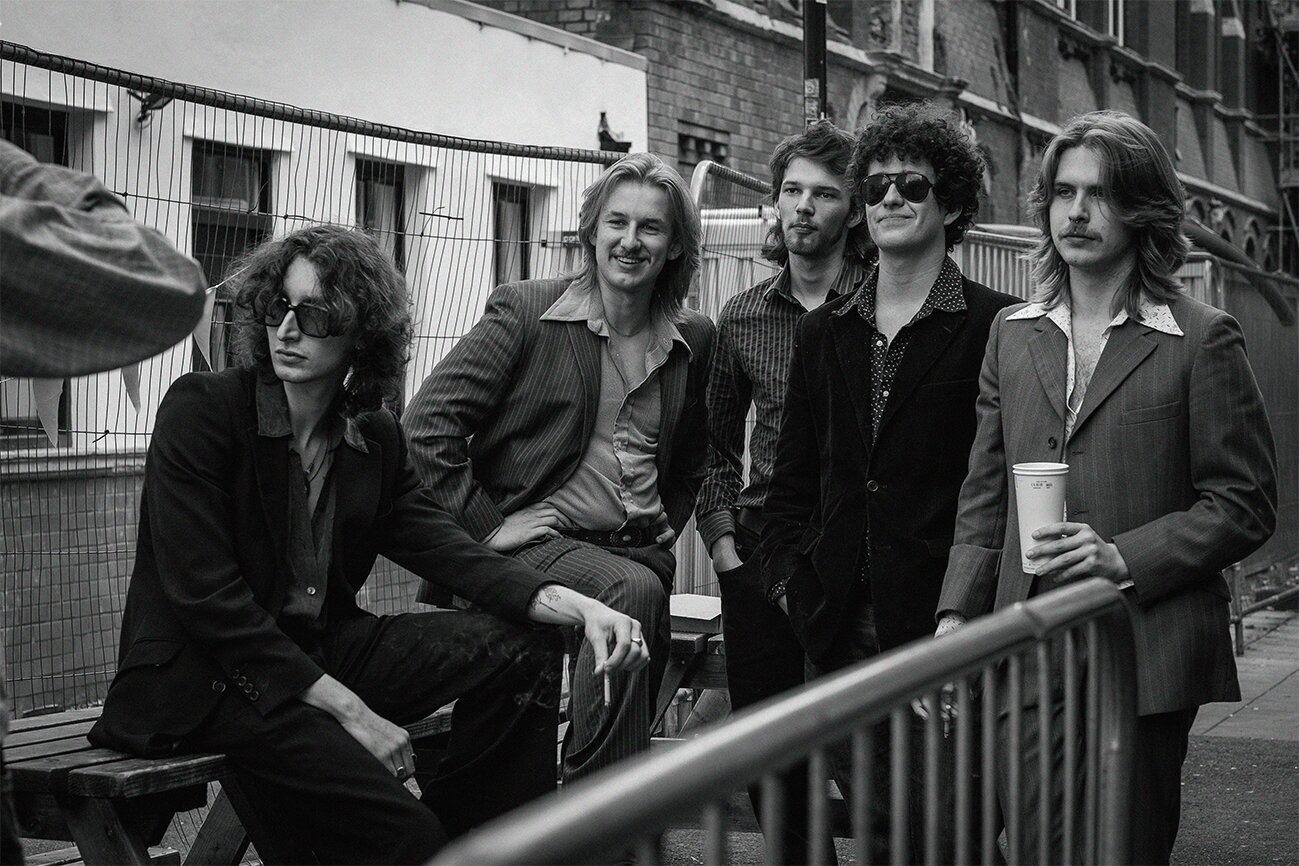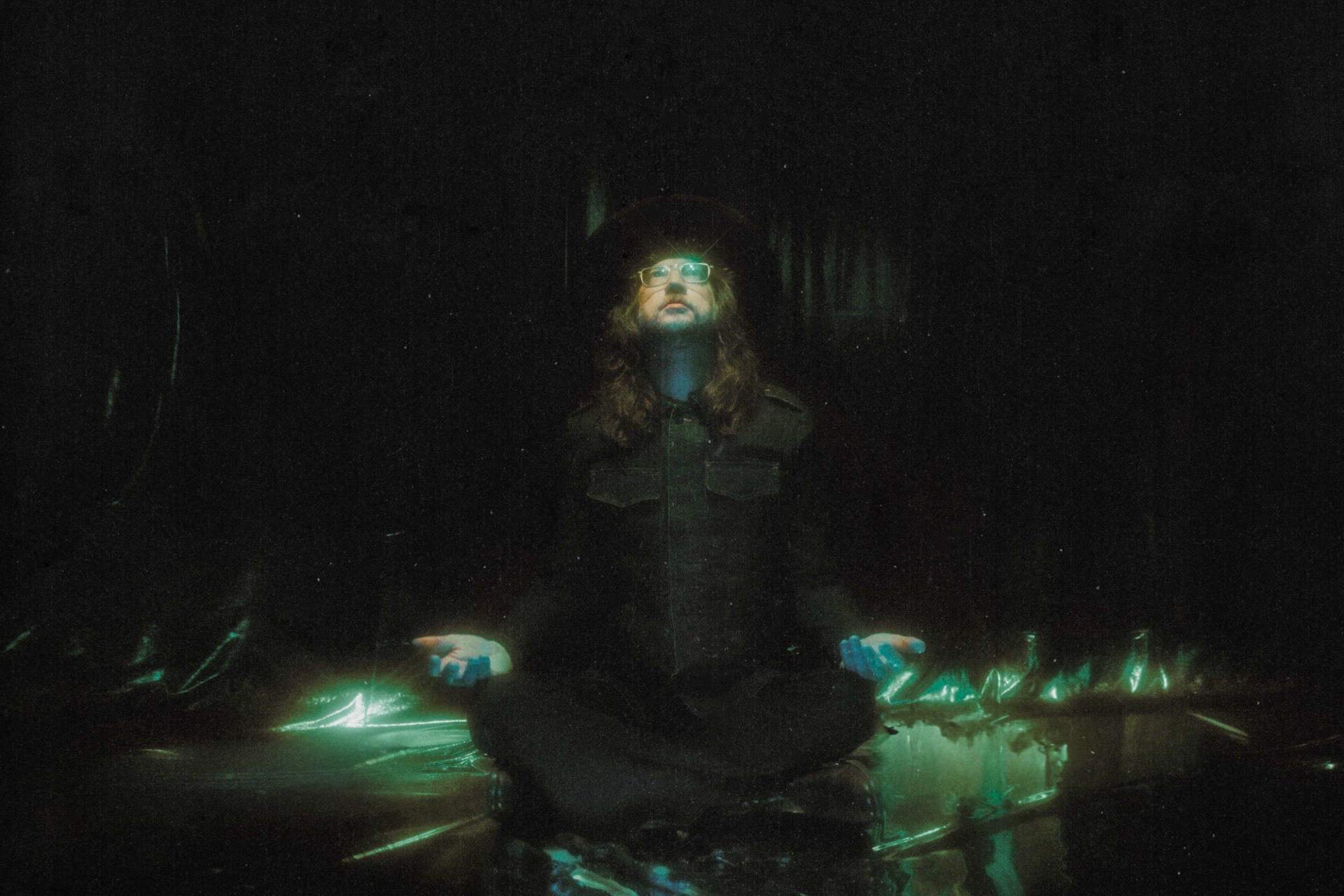The Sand Pebbles | Interview | New Album, ‘The Antagonist’
The Sand Pebbles have recently released their latest album, ‘The Antagonist’. This release, available on limited edition vinyl and gatefold CD via Kasumuen Records, encapsulates the band’s resilience during challenging times.
Drawing inspiration from their experiences pre-pandemic, including a transformative retreat, the album combines velvety jams, experimental synth layers, and soulful beats. Despite lockdowns, the band recorded the album’s basic tracks in a day, later collaborating with musicians worldwide to add intricate layers. ‘The Antagonist’ invites listeners on a cinematic journey, blending storytelling lyricism with captivating melodies.
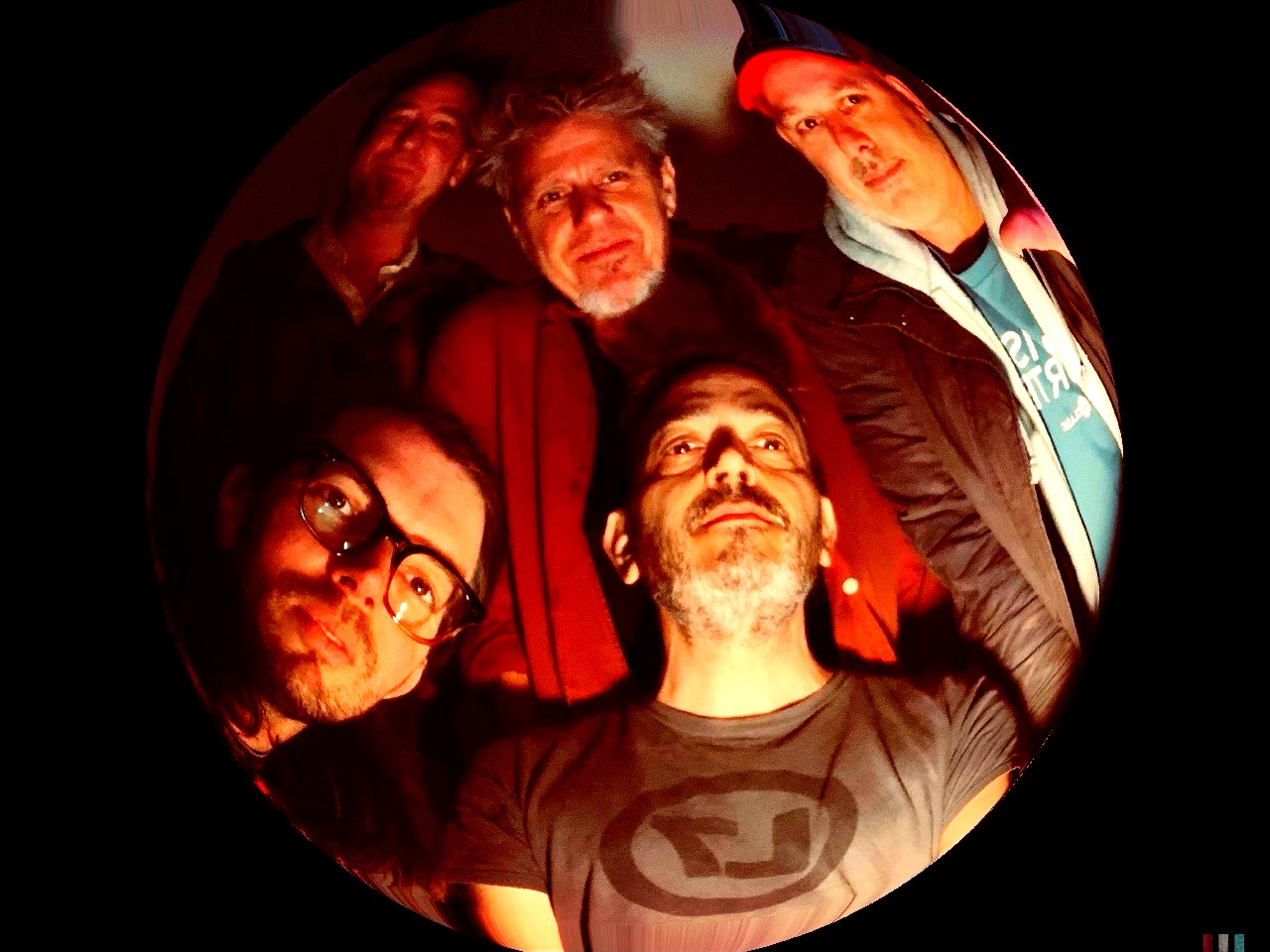
“We wanted to be psychedelic but in the way that Siouxsie and the Banshees are psychedelic…”
What was it like to work on your latest album?
Christopher Hollow: It was super exciting and frustrating too. Excitement-wise, it was the first time we’d unleashed our drummer Leroy Cope on one of our albums. Just a great player and someone who knows how to bring the drama. Frustration-wise, we recorded during the pandemic, which hit hard here in Melbourne, Australia. We didn’t know if we were going to survive or not. It was a frightening time but also comical because that’s the way Melburnians approach most things – by taking the piss. This is all present on the album.
Would you be able to compare it to your previous releases? What are some of the main differences?
It’s a generalization but previous albums have been sunnier, more optimistic, even if dealing with emotional carnage. We didn’t realize the world was out to kill us. Now we’re wiser. This world will destroy you and have no regrets. So, ‘The Antagonist’ is harder edged, not pessimistic but not as dewy-eyed. The characters contained are hard-boiled film noir types – funny and selfish and quite good looking but they’re very unreliable narrators. Check out ‘Russian Ending,’ the duet with Luna’s Britta Phillips. It’s a beautiful love story hurtling toward a flamboyantly stark finale or ‘Self-Talk,’ which is a person’s battle between two equally compelling voices. Or there’s the amoral storyteller of ‘Sweet Tenderloin,’ who you wouldn’t trust as far as you could throw but is a real Captain Thrills. The thing that ties this album with our previous ones is that all the songs are craving transcendence, a sense of connection.
Can you share some further words about the recording and producing process?
We recorded in a friend’s backyard shed, slammed them down during a break in lockdowns and tinkered from there. Of course, the tinkering is the fun part, but it can bring its own madness. Two producers worked with us – James Dean and Malcolm McDowell. Not the real James Dean or the real Malcolm McDowell but the unreal ones. James’s influence is all over side one, Malcolm is all over side two.
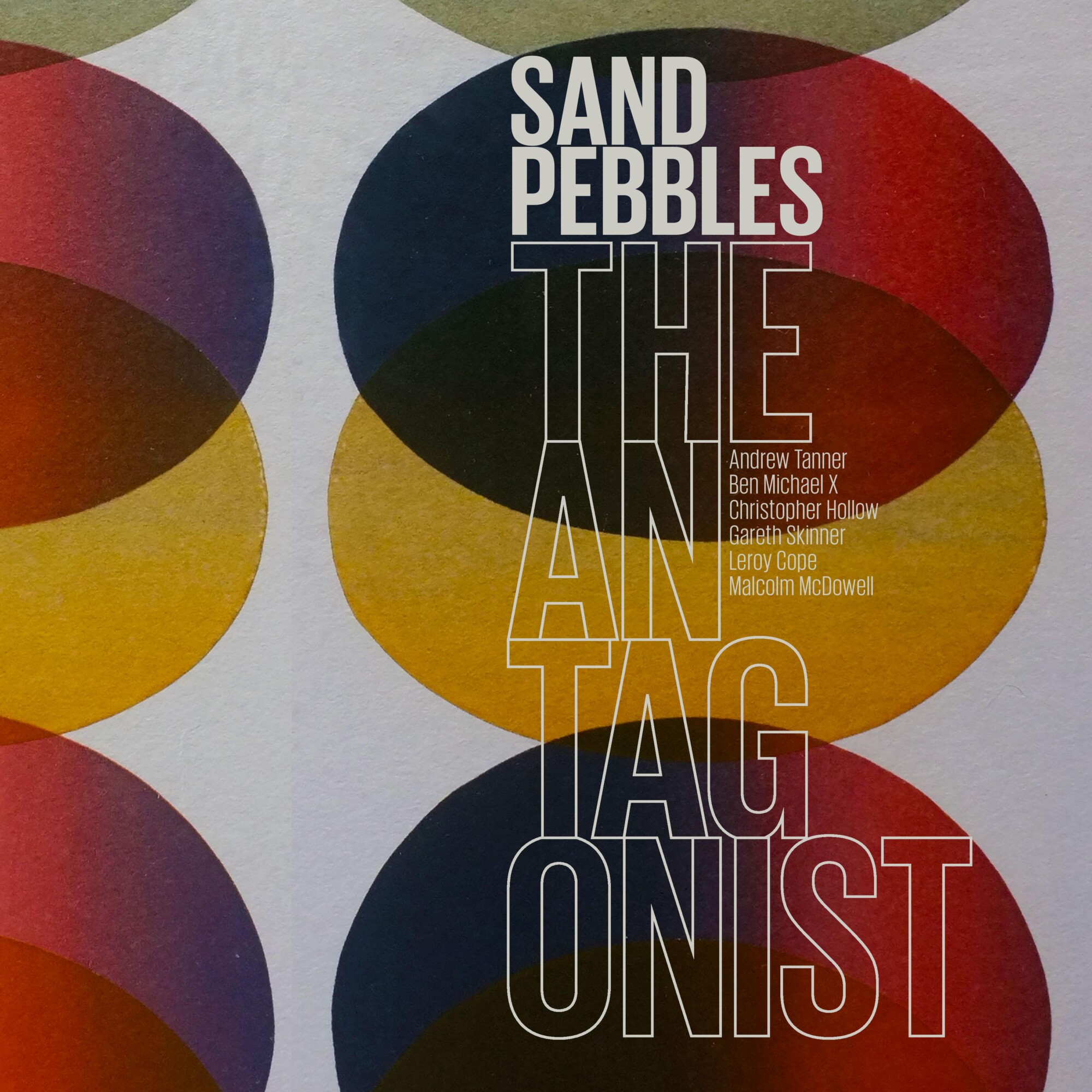
Tell us about the gear you have in the band.
It’s funny, I’ve never been asked this before. I play a 1975 Fender Jazz bass through an Ampeg stack. Drummer Leroy has a 1970s Ludwig with a bowling ball blue oyster finish. Singer-guitarist Andrew Tanner plays either a Maton 12-string or a Fender Jazzmaster through a Strymon Flint pedal and a Greer Thunderbolt 30 amp. Guitarist Ben Michael X is the tech head – he plays a Gibson SG, a Japanese Fender Telecaster, and, on this record, a Fender VI six-string bass. He has a good time with an MXR Flanger, a Vox repeat percussion, Doomed Life distortion, Doom Lord Sunn model T pre-amp, and Roland space echo. Gareth’s cello is two hundred years old and was once used for a last-minute BBC recording by Jacqueline du Pré.
Would love it if we could discuss the original formation of the band. Were you in any other bands, and what led to the formation of The Sand Pebbles?
We got together on the set of an Australian TV soap opera called Neighbours. Myself and guitarist Ben Michael X were scriptwriters. We loved writing for television, but we loved music much more. We drafted in singer Andrew Tanner, who had previously been in an Australian band called Seven Stories. From there, it was like the musicians of Bremen – just picking up people along the way.
What would you say is the overall vision of the band?
When we first started, we wanted to be psychedelic but in the way that Siouxsie and the Banshees are psychedelic, or The Scientists are psychedelic, or the Velvet Underground. I had rules – no blues notes, no crash cymbals. The first thing we recorded was Julian Cope’s ‘Out of My Mind on Dope and Speed,’ and it said more than any press release or interview could. Now we’re dealing with karma.
“Everything sounds better with a cello”
Do you feel that you’re still on the same track as you were from the very start of the band, or have ideas and influences changed during the years of being active as a band?
Ben, Andrew, and I have had a strong vision since the get-go. But we’ve been through a few different phases with different members stretching the sound this way or that. Piet Collins, our original drummer, was very pop-oriented, loved Blondie and Gary Numan. Our original keyboard player, Murray Ono Jamieson, was jazz-influenced. Tor Larsen was a singer-guitarist who wanted everything to sound as stoned as possible. Malcolm McDowell loves heavy things. Another drummer, Wes Holland, was a fashionista who liked to court chaos and wasn’t afraid of conflict. Do you see how this might influence things? We now have a cello player, Gareth Skinner, who brings the pathos and a bit of madness. Everything sounds better with a cello.
Let’s conclude this interview with some of your favorite albums.
Well, here are three songs that influenced ‘The Antagonist’.
‘Street Hassle’– Lou Reed
We have a song called ‘Field of the Lord,’ which has nothing to do with ‘Street Hassle’ other than they both use the cello in a similar way. And I love both tracks. The title of our song comes from a 1965 novel by Peter Matthiessen, At Play in the Field of the Lord, which was turned into a film starring Tom Berenger and Daryl Hannah. James Cameron has said he used that film as a basis for Avatar. Ben wrote this song and has taken the phrase and used it in a whole different context.
‘Bat Macumba’ – Os Mutantes
Os Mutantes blew our heads off when we first heard them, like everyone who hears them. I just love the wild mixing decisions on those first three records. When something happens, they ramp it to full volume. ‘Sweet Tenderloin’ has a touch of Os Mutantes’ original 1969 recording of ‘Bat Macumba’ in there, and Andrew sings like Robert Forster from the Go-Betweens.
‘Viva la Tamla Motown’ – The London Studio Group
This is a De Wolfe library recording from 1966 that’s been re-released under a few different people’s names – like Basil Kirchin, who wrote it, and Big Jim Sullivan, who played on it. I used it as the inspiration for the arrangement around our song, ‘Honey Rush’. Similar bass/drum set up. This original recording has both Jimmy Page and Big Jim Sullivan playing guitars and has just been re-released again as a vinyl single by Bob Stanley’s Measure Mile label.
Have you discovered anything new lately that you would like to recommend to our readers?
My favorite album from Europe in 2023 was ‘The Lore of the Land’ by The Order of the 12. It’s a modern take on cosmic British folk reminiscent of Pentangle and Mellow Candle. From the US, it was a record by Kramer called ‘Rings of Saturn,’ where he teamed up with Jad Fair, Britta Phillips, and others. On YouTube, I’m currently enjoying an instrumental version of the 1972 track ‘Paix’ by Catherine Ribeiro + Alpes.
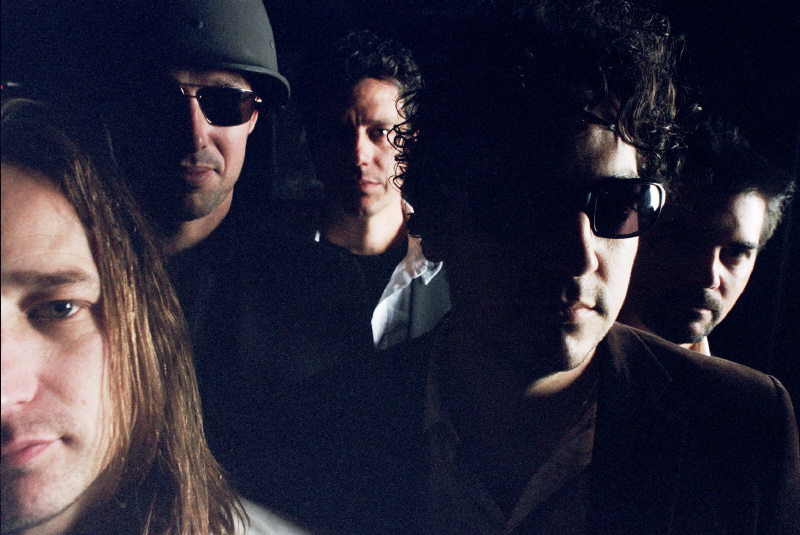
Thank you. The final word is yours.
Thanks for giving the Sand Pebbles a chance; I believe you can handle it.
Klemen Breznikar
The Sand Pebbles Facebook / Twitter / YouTube
Kasumuen Records Official Website / Facebook / Instagram / Bandcamp / SoundCloud / YouTube


